A short update this week on Business and Leadership Lessons From the Apprentice, simply because many of the mistakes and lessons are the same as previous episodes; however, there are some key lessons to draw from this weeks episode.
This week the teams were tasked with putting together a fast food restaurant. They would be judged by industry experts on Customer Service, The Brand, The Food and if the business would last.
Team Venture made up of Susan, Natasha and lead by Jim decided to go with a Mexican theme. Jim headed off to do some market research by talking to an existing and successful fast food Mexican restaurant and asked some great questions about the food and the gaps in the market that they could exploit. It seems though that he asked the wrong questions.
In that team Natasha was quick to point out that she has a degree in Food and Hospitality, but this wasn’t used. She mentioned this on more than one occasion, but as you will see later she soon retracted her experience based on this. Jim didn’t act on it either and assigned a task that had nothing to do with her expertise.
Jim tried to take complete control of everything, coming up with the name and the food. Natasha and Susan were letting there personal differences creep in and were not really getting anywhere.
Jim came up with the name Caracas – which is actually Venezuelan and not Mexican. In fact, they all thought it was a made up word.
When it came to test day it was a disaster. It was clear that food was taking far too long in coming out, and because Jim was into everything, there was no clear process of how things would work and things started to fall apart.
Susan did come up with a process for the day that the industry experts would visit which was taken on board and implemented. This did speed things up, but ut was becoming clear that they didn’t really understand their identity i.e were they a fast food outlet of a sit down restaurant.
At the point of being questioned, Jim crumbled under questioning about numbers. It was clear they hadn’t given any thought to margins and focused purely on the brand.
As for Logic, they decided to go with an all British theme and decided to go with pie and mash under the brand of MyPy. They names their pies after famous British people, at least that is what they thought when they named one of their pies Columbus.
This aside they thought clearly about everything. They had costings and a plan that showed mark up, profit, times etc, something that Venture lacked.
Their brand was simple but effective and on test day they had food coming out in 3 minutes and customers provided excellent feedback. They learnt from their feedback also, changing the packaging they used based on customer comments.
This success followed on the visit day, food was coming out quickly and they answered the questions thrown at them confidently.
In the board room things followed suit. Venture scored a 4 out of 10 from the experts while Logic posted a 7 out of 10.
Reasons failure were pointed in all directions, Susan and Natasha’s personal differences, Jim’s taking control of everything and the fact that Natasha had a degree in this area, although she challenged this and said that she had never pursued it – a different story to earlier in the task and possibly was a factor that led her to being fired this week.
The lessons from this week are clear:
Delegate and Trust – It’s easy to want to take control as a leader or manager, but you have to trust people with the tasks you give them. If they are not coming up with the ideas or doing the work, it’s obvious they were not the right person for the task. This leads us onto…
Use the strengths in your team – Identify quickly who can do what, who has the skills and experience and delegate tasks to peoples strengths.
Always have a plan and a process – In order for tasks to be completed successfully there should always be a plan or a process, no matter how simple it is. Everyone in the team should be clear about this plan before setting to work.
Next week the teams have to hand over their business plans and have them scrutinised in the interview stage.
Look forward to seeing who wins this weekend, but for now all the best.
David



